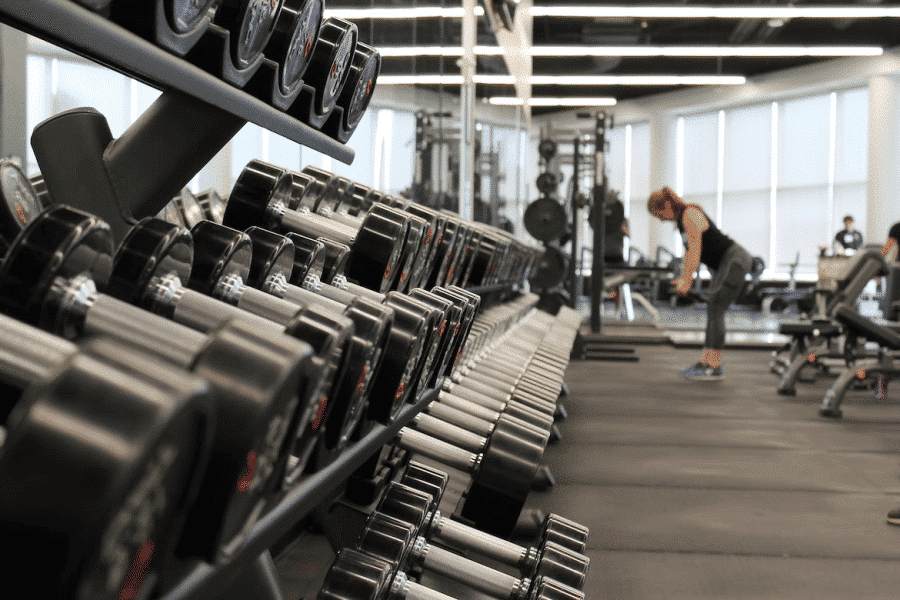Performance-based anxiety isn’t uncommon, and the fact 30% of people agreed in one survey is possibly slightly underestimated. It’s well-known that females are more likely to experience anxiety related to being in the gym and performing, as the study reveals – but it’s common for men to also feel the same emotions during a workout in the gym. Conclusively, men may even feel more performance-based anxiety as they have a man-to-man competition to navigate. Who’s lifting the heaviest weights? Who looks the biggest? Who’s doing the most repetitions?
Below, we’ll explore performance-based anxiety in the gym, what triggers it for most people, and how you can combat those feelings and get the most out of your workout.
Performance-Based Anxiety
The study by MyProtein analyzed over 3,000 people across the US to explore reasons for not going to the gym or not performing as people would like to when they’re there – over 30% had performance-based anxiety. Performance-based anxiety is, as the name suggests, anxiety about how people think their performance is judged. It can lead to reduced workout times, less effort during the workout, and a negative relationship with working out.
Many people hit the gym to improve their self-esteem, which is closely tied to their appearance. Gaining muscle mass and becoming lean is part of this effort. Many will bond with other gym goers to push each other on to grow and get stronger. Some will look for steroids Canada to improve their size. It’s all part of a big to improve how they feel about themselves. Closely related to performance is appearance-based anxiety – 42% of people felt their appearance is something people scrutinize in the gym. To combat this anxiety, some people wear baggy clothes, some avoid specific sections of the gym, and some avoid going altogether.
Fear Of Judgement And Perception
A staggering 90% of people in the study would avoid going to the gym because they fear judgment and perception. It’s common to walk into a crowded gym full of people who obviously know what they’re doing – gym veterans, if you will – and feel a sense of fear, especially when trying new workouts. Instead, people will stick to machines rather than explore the vast array of weights and workout aids that can dramatically improve aesthetic results.
The study also revealed that Gen Z gym goers are more likely to feel the pressure in the gym, with many believing that the perception of their body is something people will analyze in the gym. That perhaps stems from the toxic culture of Instagram and social media, which studies have proven is fuelling young people’s minds to create unrealistic body ideals based on the influencers they follow.
Gym Avoidants
Gym avoidants are the class of people with performance or appearance-based anxiety to such a degree that they won’t even step foot in the gym. You can indeed achieve great results with home workouts, but the vast array of equipment the gym provides; and the influential people inside are something the home environment can’t replicate. Gyms themselves are attempting to combat this – examples include protected workout times for new gym goers, women-only gyms, and a zero tolerance for abuse within the gym.
Everyone, to some degree, is concerned about their appearance and performance in the gym and in day-to-day life. None more so than Gen Z and the generations that proceed them that are constantly surrounded by social media influences – it’s almost hard-wired into their brain to feel judged.





